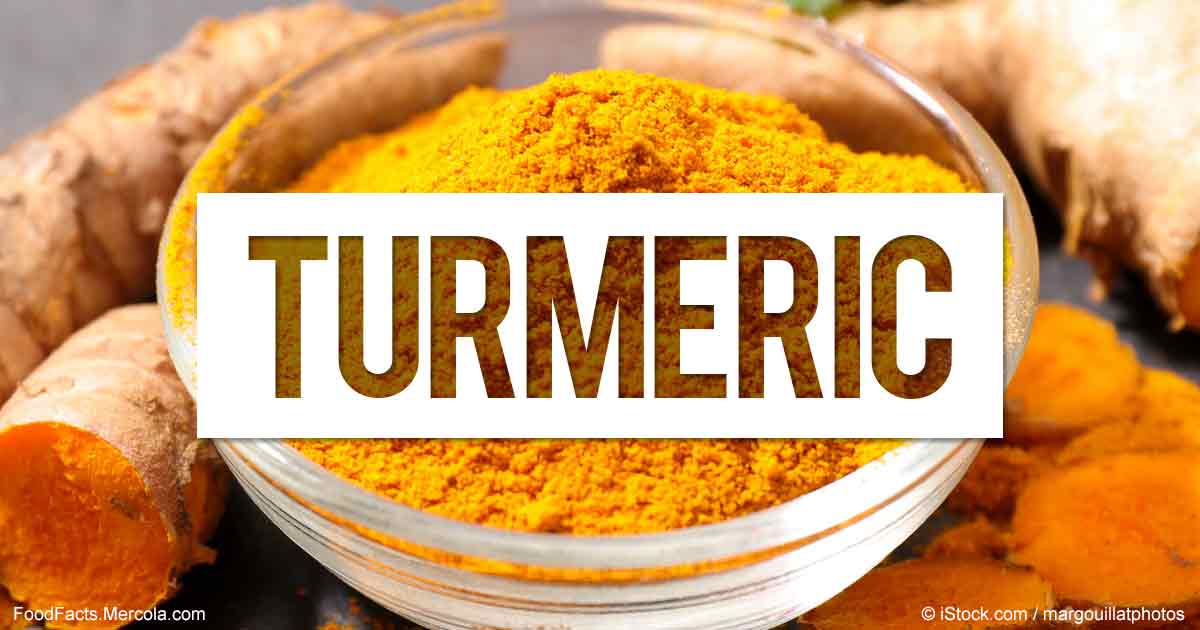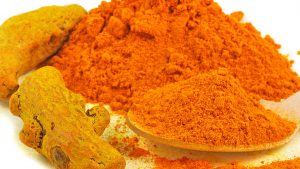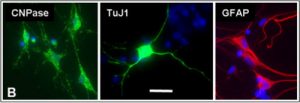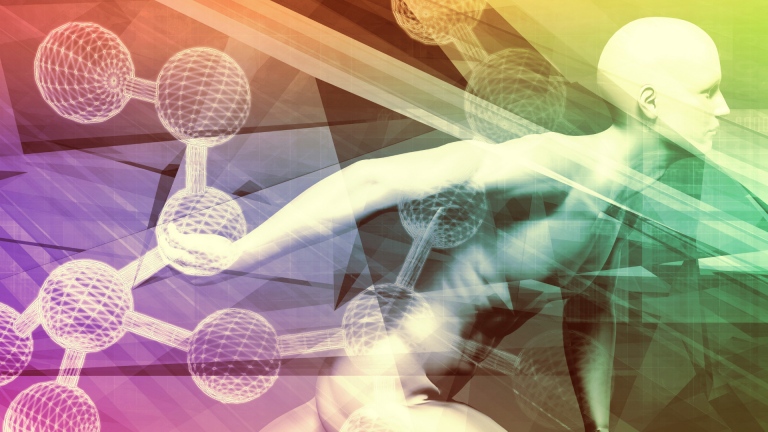Turmeric and Its Health Benefits
Turmeric is an herbal plant grown in Asia. The roots make the yellow spice turmeric, which is most commonly used in Indian, Pakistani, Bangladeshi, and Iranian cooking.
It is the main curry spice used to color cheese and butter. Although the health benefits of turmeric have been known for thousands of years in traditional Chinese and Ayurvedic medicine, it has only recently been appreciated in Western medicine.
Curcumin is a phenolic curcuminoid that is thought to be responsible for many of the health benefits of turmeric. It has potent and well-characterized antioxidative and anti-inflammatory effects. Read on to learn more about the other ways in which this fantastic spice can boost your health.
Anticancer effects
Cancer development is a highly complex process that involves DNA damage, inflammation, and the disruption of cellular signaling and death pathways. Although the data are preliminary, there is a certain amount of excitement in the oncology community because Curcumin can affect several of these pathways to exert anticancer effects.
Specific clinical trials in patients with cancer are ongoing. Still, the available results suggest that Curcumin could effectively treat multiple cancers, including multiple myeloma, head and neck squamous cell carcinoma, and pancreatic, prostate, breast, colorectal, lung, and oral cancers [1].
Cognitive function
An exciting recent discovery is that turmeric could improve cognitive function in elderly individuals. An Australian study published in April 2016 administered placebo control or a form of Curcumin to 96 community-dwelling older adults for one year.
Various cognitive functions were tested before treatment and at 6- and 12 months. Subjects that received a placebo exhibited a cognitive decline at six months, whereas those that received Curcumin did not [2]. Although the Australian study was not definitive, the available data suggest that Curcumin could have several anti-Alzheimer’s disease effects, such as preventing the production and aggregation of β-amyloid in the brain and regenerating brain cells [3]. Taken together, these data suggest that the regular intake of turmeric might reduce the aging-associated decline in cognitive function. Increase testosterone levels
As anyone reading this blog understands, declining testosterone levels during normal aging are associated with several adverse effects on health. Recent research has suggested that turmeric might increase testosterone levels in different ways.
First, it can help reverse several conditions contributing to reduced low testosterone production, such as high cholesterol and dysregulated blood sugar. The antioxidative effects of turmeric can also prevent oxidative damage to Leydig cells in the testis, which could, in turn, normalize with testosterone injections.
Turmeric could improve fertility in mice by protecting the testes from various stressors [4, 5]. Who knew that eating curry could improve your testosterone levels and fertility?
How to make the most of your turmeric intake
Now you know about just some of the health benefits of turmeric, it is essential to understand how to make the most of it. As with all drugs or supplements, the actions of turmeric are limited by its bioavailability, defined as the amount that is biologically available to exert its physiological effects.
The bioavailability of a drug declines as it is metabolized in the liver, which is a concern with any medication or supplement administered orally.
One of the best ways to increase the bioavailability of Curcumin is to consume turmeric-rich foods with black pepper. Black pepper contains piperine, a potent inhibitor of UDP-glucuronosyltransferase (one of the liver enzymes responsible for drug metabolism) [8].
Indeed, eating even a small amount of piperine with turmeric could increase the bioavailability of turmeric by around 2000% [9].
Consuming turmeric with fats can also enhance curcumin absorption because turmeric is fat-soluble. There are two ways to achieve this: ingest turmeric powder with a healthy fat such as olive oil or destroy natural turmeric root, which contains natural oils that promote solubility.
Metabolic diseases
Curcumin exhibits a seemingly endless number of beneficial metabolic effects.
For example:
- It can increase HDL or good cholesterol levels and lower LDL or bad cholesterol [6]. This is important because low HDL and high LDL levels are risk factors for metabolic syndrome and type 2 diabetes.
- It reduces blood glucose levels and improves glucose metabolism in rodent models, suggesting it could be an effective diabetes treatment [7].
Testosterone Injections – Curious about testosterone injections Therapy?
Read more about what you can expect from this treatment and contact us for more information at (866) 224-5698
References
- Gupta, S.C., S. Patchva, and B.B. Aggarwal, Therapeutic Roles of Curcumin: Lessons Learned from Clinical Trials. The AAPS Journal, 2013. 15(1): p. 195-218.
- Rainey-Smith, S.R., et al., Curcumin and cognition: a randomized, placebo-controlled, double-anonymized study of community-dwelling older adults. British Journal of Nutrition, 2016. 115(12): p. 2106-2113.
- Goozee, K.G. et al., Examining the potential clinical value of Curcumin in preventing and diagnosing Alzheimer’s disease. Br J Nutr, 2016. 115(3): p. 449-65.
- Lin, C. et al., Curcumin dose-dependently improves spermatogenic disorders induced by scrotal heat stress in mice. Food Funct, 2015. 6(12): p. 3770-7.
- Coskun, G., et al., Ameliorating effects of Curcumin on nicotine-induced mice testes. Turk J Med Sci, 2016. 46(2): p. 549-60.
- Yang, Y.S., et al., Lipid-lowering effects of Curcumin in patients with metabolic syndrome: a randomized, double-blind, placebo-controlled trial. Phytother Res, 2014. 28(12): p. 1770-7.
- Nabavi, S.F., et al., Curcumin: a natural product for diabetes and its complications. Curr Top Med Chem, 2015. 15(23): p. 2445-55.
- Grill, A.E., B. Koniar, and J. Panyam, Co-delivery of natural metabolic inhibitors in a self-micro emulsifying drug delivery system for improved oral bioavailability of Curcumin. Drug Deliv Transl Res, 2014. 4(4): p. 344-52.
- Shoba, G., et al., Influence of piperine on the pharmacokinetics of Curcumin in animals and human volunteers. Planta Med, 1998. 64(4): p. 353-6.
**NOTE** The content in this blog is subject to interpretation and is the opinion of the content writer. We do not claim it to be fact. We encourage you to consult a medical doctor before taking any prescribed medications or supplements.
Conclusion
Supporting Hormones health is essential for overall well-being and vitality. By incorporating regular exercise, proper nutrition, adequate sleep, stress management techniques, and IV therapy, you can help maintain optimal testosterone levels and lead a healthy, balanced life. Always consult a healthcare professional before making significant changes to your lifestyle or starting any new treatments to ensure they suit your needs.
At AAI Rejuvenation Clinic, we advise anyone to think seriously about beginning Hormone treatment if there is no medical need for it. However, we will take every precaution to ensure that you read your program’s positive benefits by providing the latest at-home hormonal mouth-swab testing to ensure we are continually monitoring your progress and aware of any adverse side effects. Fill out the Medical History Form, or if you need more information, call us at (866) 224-5698 or (866) AAI-Low-T.
Low Hormone Symptoms
- Motivation
- Sex Drive and Desire
- Depression
- Fatigue
- Erectile Dysfunction
- Cholesterol
- Low Energy
- Memory Loss
- Osteoporosis
- Wounds & Illness
- Muscle Mass
- Sleep Disturbances
- Thyroid Dysfunction
- Weight Gain
]]>





